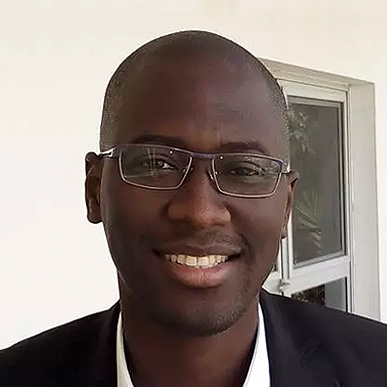Ndongo Samba Sylla: Africa’s Last Colonial Currency, the CFA Franc


Ataya: HUMA Interdisciplinary Seminar Series

Project/Paper: ‘The Franc Zone, a Tool of French Neocolonialism in Africa’ by Ndongo Samba Sylla in Jacobin, 1 June 2020
Bio: Dr Ndongo Samba Sylla is a Senegalese development economist. He has previously worked as a technical advisor at the Presidency of the Republic of Senegal. He is currently a Senior Research and Programme manager at the West Africa office of the Rosa Luxemburg Foundation (Dakar). His publications cover topics such as Fair Trade, labour markets in developing countries, social movements, democratic theory, and economic and monetary sovereignty. He authored The Fair Trade Scandal. Marketing Poverty to Benefit the Rich, Pluto Press & Ohio University Press, 2014. He co-authored Africa’s Last Colonial Currency. The CFA Franc Story, Pluto Press, 2021. He is a co-editor of Economic and Monetary Sovereignty for 21st century Africa (Pluto Press, 2021). He tweets at @nssylla
Topic: Colonialism persists in many African countries due to the continuation of imperial monetary policy. This seminar explores the little-known account of the CFA Franc and economic imperialism. The CFA Franc was created in 1945, binding fourteen African states and split into two monetary zones. Why did French colonial authorities create it, and how does it work? Why was independence not extended to monetary sovereignty for former French colonies? By exploring the genesis of the currency and examining how the economic system works, Ndongo Samba Sylla and his collaborators seek to answer these questions and more. As protests against the colonial currency grow, the need for myth-busting on the CFA Franc is vital, and exposés of colonial infrastructure prove that decolonisation is unfinished business.